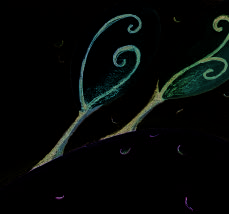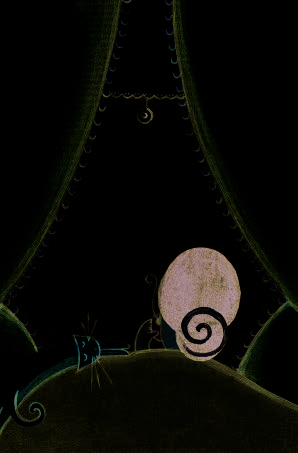SLEEP PROBLEMS
◗
Go to bed and get up at the same time
Because different things can cause sleep
every day, even on weekends, and
avoid naps, if possible, in the late
problems, the solutions vary. If night sweats afternoon and evening.
are disrupting your sleep, treating them
◗
Have a bedtime routine that you follow
could help you sleep better. If you find
each night—read a book or magazine,
yourself getting up to go to the bathroom, take a bath, watch television.
try limiting fluids shortly before bedtime
◗
Make sure your bedroom and bed are
unless you need a cool drink to handle a
comfortable for sleeping.
hot flash. If you aren’t sure what is keeping
◗
Don’t eat a large meal close to
bedtime, and stay away from caffeine
you from getting to sleep or causing you to later in the day.
wake during the night or early in the morn-
◗
After turning off the light, give yourself ing, there are still some things you can do about 15 minutes to fall asleep. If you
to get a good night’s sleep.
don’t go to sleep, get out of bed, and
only go back when you feel sleepy.
◗
Be physically active most days of
the week but not within 3 hours
◗
Try relaxation breathing
of bedtime.
(see box on page 12).
16


Do dietary supplements help?
any people use dietary supple-
menopausal symptoms. Supplements are
M
ments hoping to improve their nutrition
not medicines. They are sold without getting and/or health. Maybe you wonder whether
FDA approval for safety and effectiveness as you should use a supplement, such as soy, is required for prescription or over-the-black cohosh, or wild yam, to relieve your counter medicines.
hot flashes instead of using menopausal
Some herbal substances can have
hormone therapy.
very serious, possibly fatal side effects, According to the FDA, dietary supple-like liver damage. And some just don’t
ments are products taken by mouth that
work as they claim. In 2006 a large, one-
contain a “dietary ingredient” intended to year study of black cohosh showed that
add to or supplement the diet. These may
it did not relieve hot flashes in women
seem safe because they might come from
approaching menopause.
plants and are “natural.” But the truth
Plants like soy contain estrogen-like
is we don’t know enough about these
substances called phytoestrogens. Scientists supplements to know whether they are
don’t know whether phytoestrogens carry
indeed safe and if they will really ease
the same benefits and risks as prescription estrogens, some of which are made from
plants like soy.
Learn as much as you can about a dietary
supplement before trying it. Some supple-
ments can change how other medicines
work by increasing or weakening their
effect. Talk to your doctor before using any supplements, and make sure he or she
knows everything you are taking, even
vitamins and minerals.
17


Postmenopausal
H E A L T H C O N C E R N S
How will you feel when you are
several years past your last period?
Most of your menopausal symptoms
are likely to have disappeared. Some,
like vaginal dryness, may be an
ongoing problem. And for a few
women, hot flashes and night
sweats continue.
Some other health problems
important for women to know
about are:
• Osteoporosis
• Cardiovascular disease
• Urinary incontinence
18


P O S T M E N O P A U S A L H E A L T H C O N C E R N S









